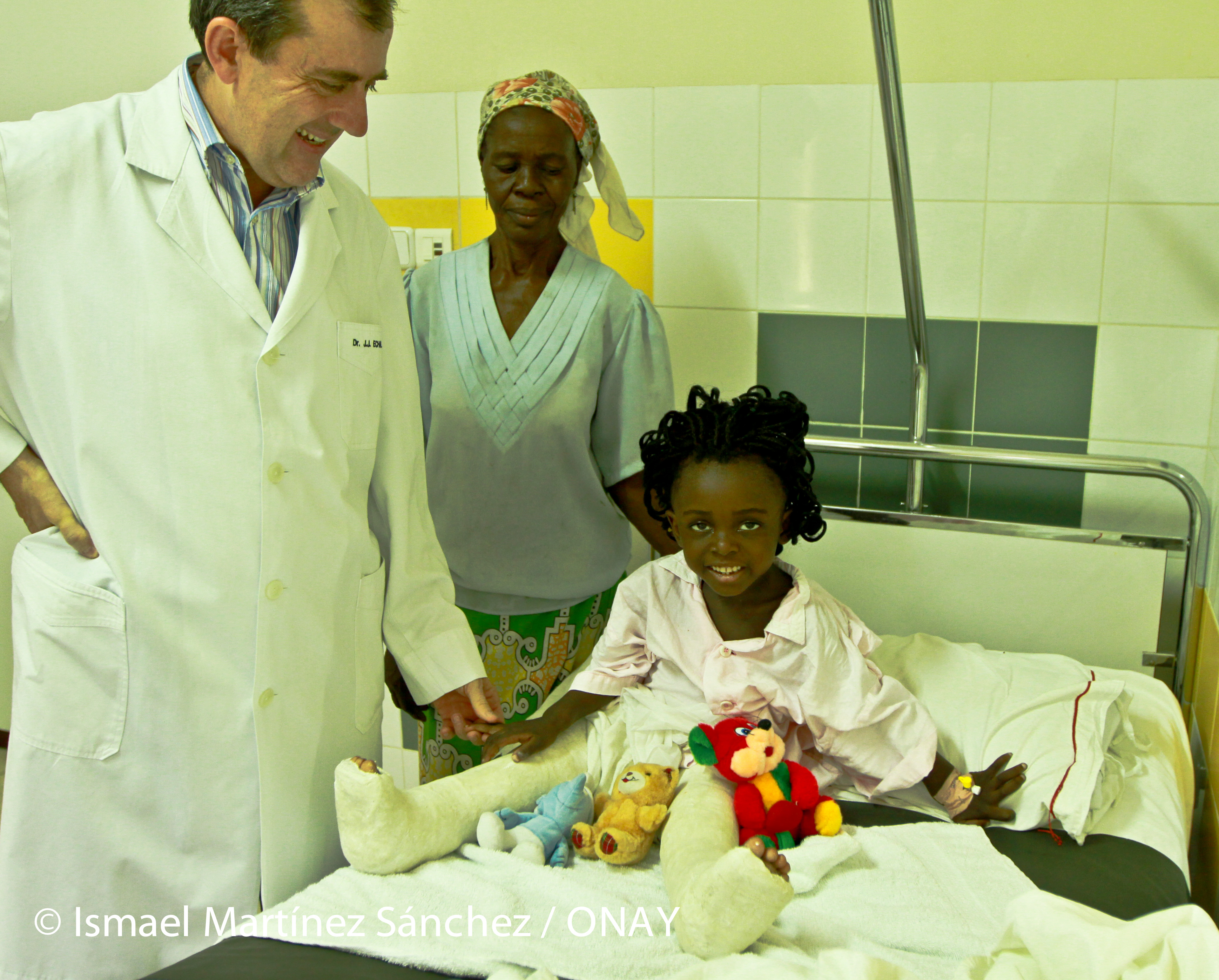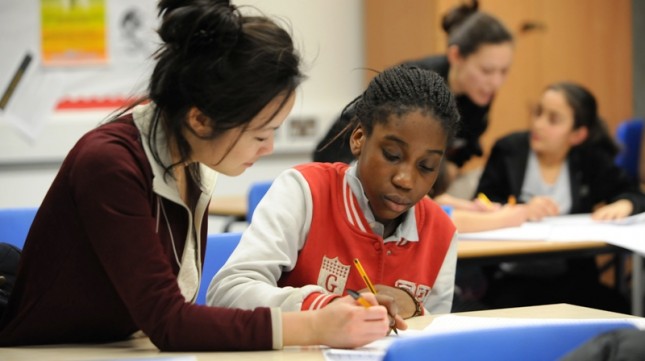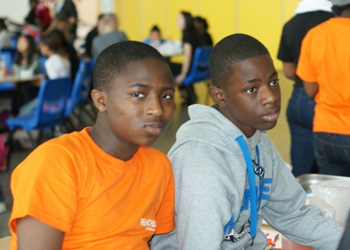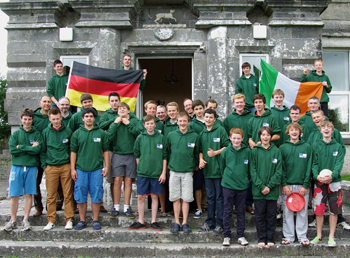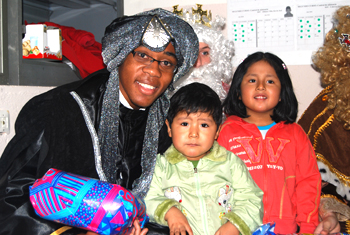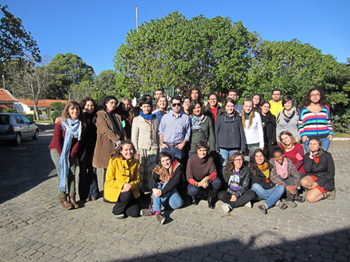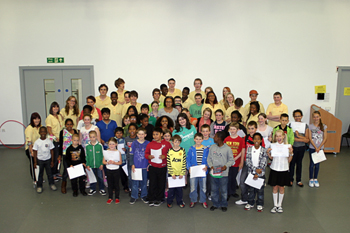By icnet
Xavier Bosch, CEO of ReachOut, one partner of ICNET Network, shows the 10 priorities for a mentoring success project
As I see it, from the perspective which 30 years in business and 15 years as CEO of the ReachOut mentoring charity generates, mentoring is a good complement to parenting and schools; when parents find it increasingly difficult to relate to their children who seem to inhabit a different world from the one they grew up in, and teachers are so focused on academic skills that there is little time for developing the character values essential to achieving life’s goals.
So to anyone thinking of setting up a mentoring project I would say go for it, the impact you can have is huge. Here are a few tips to get you started.
1, Recruit top mentors
It may seem strange to start with the mentors rather than the project itself, but however much planning you put into your project, without good mentors it will not work, so it is worth spending a bit of time on this here (see points 2 to 5).
2, Get them on board.
One of the most important things to learn through mentoring is to give and this is taught primarily by example so I would recommend that mentors should be volunteers. Cast your net widely and advertise opportunities through university and local volunteering centres, online sites such as do-it.org and vinspired.com, and through company corporate social responsibility departments. Mentors from various walks of life will provide a broad range of experiences to the young people.
Provide a clear role description including tasks and activities involved, and the level of commitment and training required. Be clear and upfront to prevent volunteers signing up then dropping out later because they were looking for something different.
3, Train them well
Training should cover building a mentoring relationship, dealing with sensitive subjects and ending the relationship. It should offer a basic grounding in child psychology and development.
Mentors should be encouraged to work towards developing positive habits rather than avoiding negative ones and to look out for things to praise rather than criticise. Show the mentors how to relate to young people, not because they speak or dress like them but because they care for them and take a genuine interest in what their mentee tells them. Finally, training should also cover important aspects like safeguarding and maintaining boundaries.
4, Facilitate delivery
A plan for every session should be supplied in advance to allow the mentors to prepare and should offer activities with clear objectives, such as the growing in understanding of a character value such as self-control, or improving a hard skill like the grid method for multiplication. Often, the mentor and mentee may go off on a tangent which may be worth pursuing. Empower mentors to decide whether to go back to the activity or stick to the off-piste chat.
5, Offer on-going support
Hold regular feedback sessions to see how mentors are getting on and let them know who to contact if they have a specific issue that they want to discuss. Be there to listen to them and offer advice or possible solutions. Remember to check back later to see how they are getting on.
6, Work together
Mentoring is not a quick fix. It takes time to first build a relationship with a young person, find out where their needs lie and then figure out a way to support those needs. By working with staff at schools, parents or referring organisations you can give yourself a head start in understanding the young people, and find out what’s going on away from the mentoring project.
A teacher may be able to tell you that Jane is too shy to join in group activities but loves sport, Graham finds it difficult to express himself but is fantastic at art or that Charmaine can be very disruptive but responds well when time is taken to explain things one-to-one.
Mum can tell you if Gran has been ill lately, or if the young person was bullied in their previous school.
Ask the referring party or parent to complete a registration form for the child including any relevant background information and reasons for referral.
Talk with other influential people in the mentees’ lives whenever you can to share information and progress made, ensuring that all involved are working together to meet the needs of the young person.
7, Meet regularly
Best results are achieved in mentoring projects of more than six months duration and with regular meetings to allow the mentor-mentee relationships to develop and for change to happen.
8, Listen. Watch. Respond
Tune in to the interests and personalities of the young people in the group.
Listen to what they tell you. Does Timmy perk up when talking about football? Does Janna avoid talking about family life? Is Joshua comfortable asking for help or more prone to giving up without trying?
Watch how they behave. Who nominates themselves for team captain? Who walks around the room during maths but concentrates well during English? Who do they look up to?
Store up everything you learn and plan your sessions accordingly. Bear in mind what they enjoy and where they could develop so as to deliver the most effective activities for the group. Every young person and every group is different, so be flexible with your plans to give them what they need.
Review the progress of the mentees and make a note of any that need a follow-up. It might be that you need to discuss on-going needs with their teacher or a parent, or perhaps they will need to be referred to another organisation at the end of the project.
9, Keep it clear, keep it open
It is important that everyone knows where they stand. Take time to explain to the young people, mentors, teachers and parents the aims of the project, what is expected from them, and what they can hope to gain.
This way everyone knows what they are investing their time, effort and emotion in.
So, before the start make sure you explain the purpose of the project and run through the main activities, getting input from the young people about what they would like to do. Then take some time to manage expectations, for example do they have to attend every session? What can they discuss with their mentor? What activities are optional?
Have a defined project timeframe so that there is a clear and clean ending to the mentor-mentee relationship and at the end of the project let the young people know where they can turn if they need support. We tell them they can always get in touch with ReachOut for help if they need, or if they want to get in touch with their mentor in the future.
10, And finally…
I have always considered that learning to give is an important aspect of mentoring. No matter how untalented one is perceived to be, we can all give, even if it is a smile to a tired mate, or a “thank you” to the cleaning lady.
A good mentor will help their mentee find opportunities to give: to share food with a friend at lunch, help clear the table at home, support a friend who is struggling in class.
The possibilities are endless but each one enables the young person to appreciate the beauty of giving and the empowering effect it has. Eventually, as they grow and mature, mentees can start to mentor. This represents the end of the cycle but the beginning of a new adventure for the new mentor.
– See more at: http://www.sec-ed.co.uk/best-practice/ten-priorities-for-mentoring-success/#sthash.uv6UG7i4.dpuf

